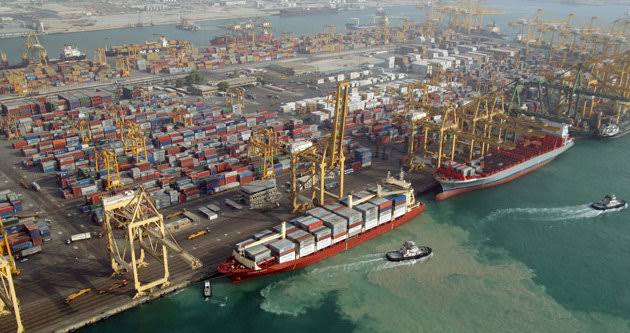Fishery stakeholders have expressed determination to boost the nation’s aquaculture production to enable them gain acceptance at the international markets.
They said this known in separate interviews with the News Agency of Nigeria (NAN) on Thursday in Lagos at the ongoing capacity building workshop organised by the Norwegian Seafood Council.
The four-day capacity building by the Norwegian Seafood Council which commenced on May 10 is to boost Nigerian’s aquaculture trade.
An Assistant Director at the Federal Department of Fisheries, Mr Adeniyi Okanlawon, said the workshop would ensure the acceptance of locally grown fish in the international markets.
“One of the objectives of the capacity building workshop is to help local fish farmers enhance production standard. With this training, I believe we can get to that level.
“All the best management practices will be applied and on that note, I believe we are coming out to be another giant stride in aquaculture.
“And that might move Nigerian aquaculture up the ladder a bit, as we are presently second to Egypt in production in Africa.
“We are looking forward to increase local produce to be the best in Africa,” Okanlawon told NAN.
On his part, a lecturer at the Federal College of Fishery and Marine Technology, Dr Olukayode Olubiyi, said the training would help to improve the quality of local aquaculture produce.
“With the exposure of most of the participants are getting from the training, we will be well equipped to analyse the challenges faced in the sector and how to remedy them.
“This workshop will help us understand why our fish produce is not accepted by the international markets, especially in Europe and Norway. Basically, this is what this programme is targeting.
“I think after the training, we will be coming out with the kind of standard that will make our products top notch anywhere, not only for the current markets being targeted, but also the American markets.
“Our produce should be top quality that we will be proud of. Nigeria should not be synonymous with poor quality, we feel bad when we hear things like that. We should not be synonymous with anything that is poor,” Olubiyi said.
Also speaking, the Assistant Fishery Officer, Federal Department of Fishery, Mr Gideon Orji, said the workshop would help local fish farmers get it right in aquaculture exports.
“We are here to learn how to export locally farmed fish and how to encourage our farmers to do so seamlessly.
“The knowledge we are getting at this training will help us eat healthy fish, export our fish and to expand our production.
“Now we have known that the consumption in Nigeria is high. We are the highest in the world in fish consumption, but we are not producing enough. Farmers here know that we are not producing enough and we have work to do.
“By collaborating with the Norwegian government, other international organisations and the Department of Fisheries, we will know how we can expand our production so that we can get to the international markets,” Orji said.
A fish farmer and processor, Mrs Evelyn Dimgba, also reiterated that fish farmers are on the right path with their participation at the ongoing training.
“We are going to gain a lot from this workshop, although there are a lot of lapses in fish farming and processing including marketing.
“Most local fish farmers cannot get it right because we have the problem of consulting to get the right results in aquaculture.
“I believe with this capacity building, Nigerian fish farmers will be led to the right path in getting it right in aquaculture business to get the desired results from the sector.
Another fish farmer, Mrs Kemi Egbucha, commended the council for the workshop where farmers would garner relevant information in the sector.
“I am glad to be part of the training and I believe I have learnt a lot from it. We are grateful to the Norwegian Seafood Council for this opportunity.
“We will be able to position ourselves adequately in the international markets as a result of the knowledge garnered from the workshop,” Egbucha added.
